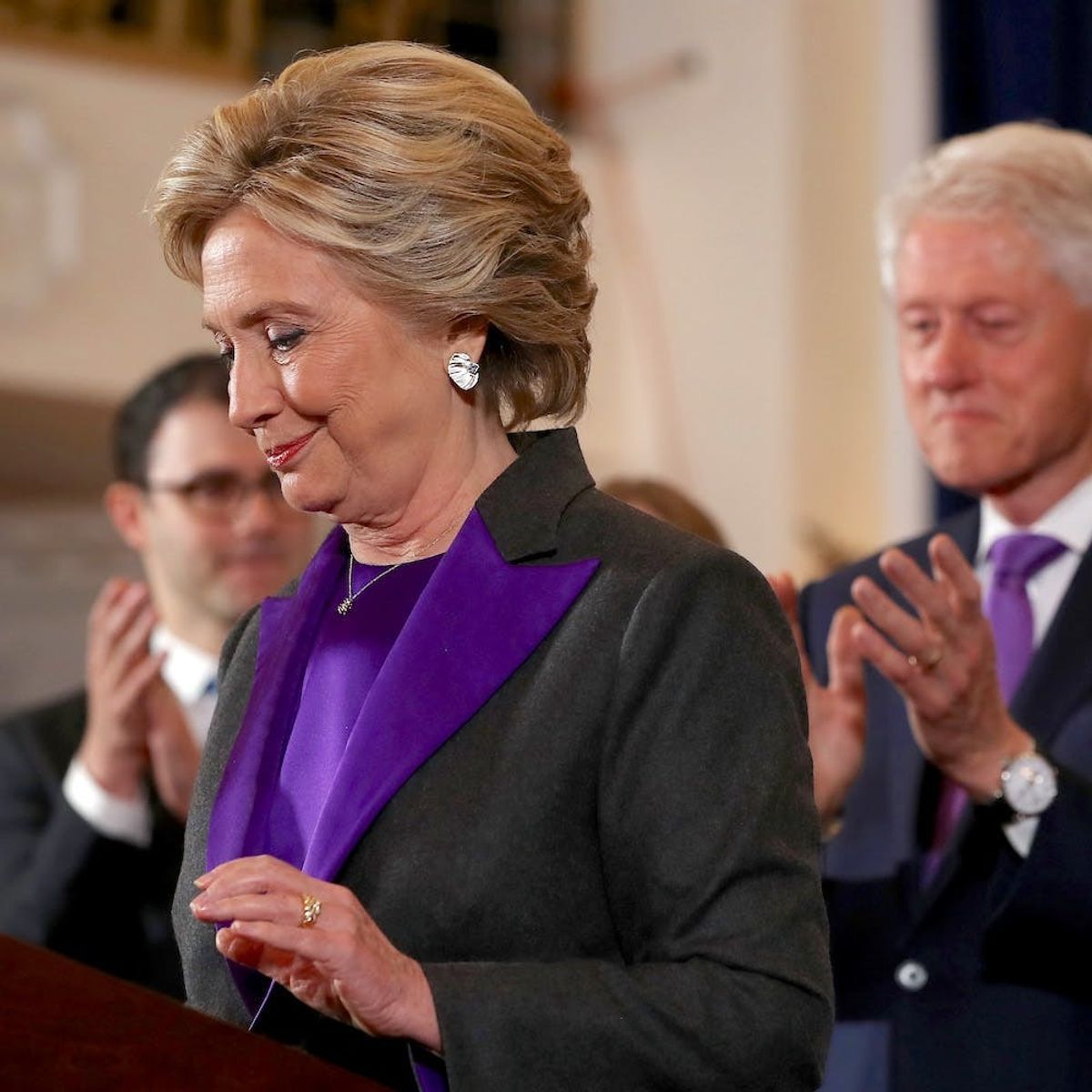Still in shock.
How Your Facebook News Feed Mattered in This Election

This election was important. We knew that going in and yet its full impact is just starting to sink in for many across the country. No matter how we remember this election, one thing is already unanimous: Tech completely changed the game. From predictions to how the candidates advertised themselves on social media, here are all the ways your tech impacted the 2016 presidential race.
Facebook News Feed: Truth went right out the window this election season. As more and more people get their news straight from Facebook, it becomes easier and easier to control the flow of information. While newspapers like the New York Times and Washington Post did important investigative journalism this election season, it didn’t circulate NEARLY as widely as fake news made by teens in Macedonia. The algorithms that adjusted your feed to let you see more of the kinds of posts you react to didn’t exactly help either.
The Pro-Trump headlines, heralding nonsense things like “Pope Francis Forbids Catholics From Voting for Hillary!” or “Oprah Tells FOX News Host ‘Some White People Have To Die'” spread like wildfire, garnering ad money for the website owners and breeding delusions in the minds of many Trump supporters. The stories were absolutely, completely, undoubtedly lies — but they encouraged interaction on social media, which allowed them to spread even faster.
Basically, even if people commented “This is viciously false” on a fake news story, that interaction added fuel to the post on Facebook’s algorithm, allowing it to be seen by even more people.
Twitter: Donald Trump dominated this social network since he announced his candidacy last year. He only needed 140 characters to spread his sweeping, catchy statements to millions of followers. Trolls were able to create multiple accounts and viciously attack Clinton and her supporters beneath the veil of a Twitter egg avatar.
Polls: Perhaps the most surprising part of the election results is how COMPLETELY different they were than almost every single poll and data analysis that was available up through the 11th hour. The unwillingness of many Trump supporters to vocalize their opinions anywhere besides the voting booth threw off all data and pointed out a big flaw in America’s reliance on polling systems: People are unpredictable.
Clinton’s campaign was adamant that their troves of “big data” on voters would allow them an easy victory. It was obviously not so. It has become increasingly hard to reach certain sections of voters as some completely ditch their landline phones for cell phones. This election is guaranteed to be remembered throughout history for several different reasons.
We’ll see in 2020 just how much this election has changed the way candidates run.
How will you use tech for good in the aftermath of the election? Let us know @BritandCo!
(Photos via Mark Wilson/Getty, Justin Sullivan/Getty)

















